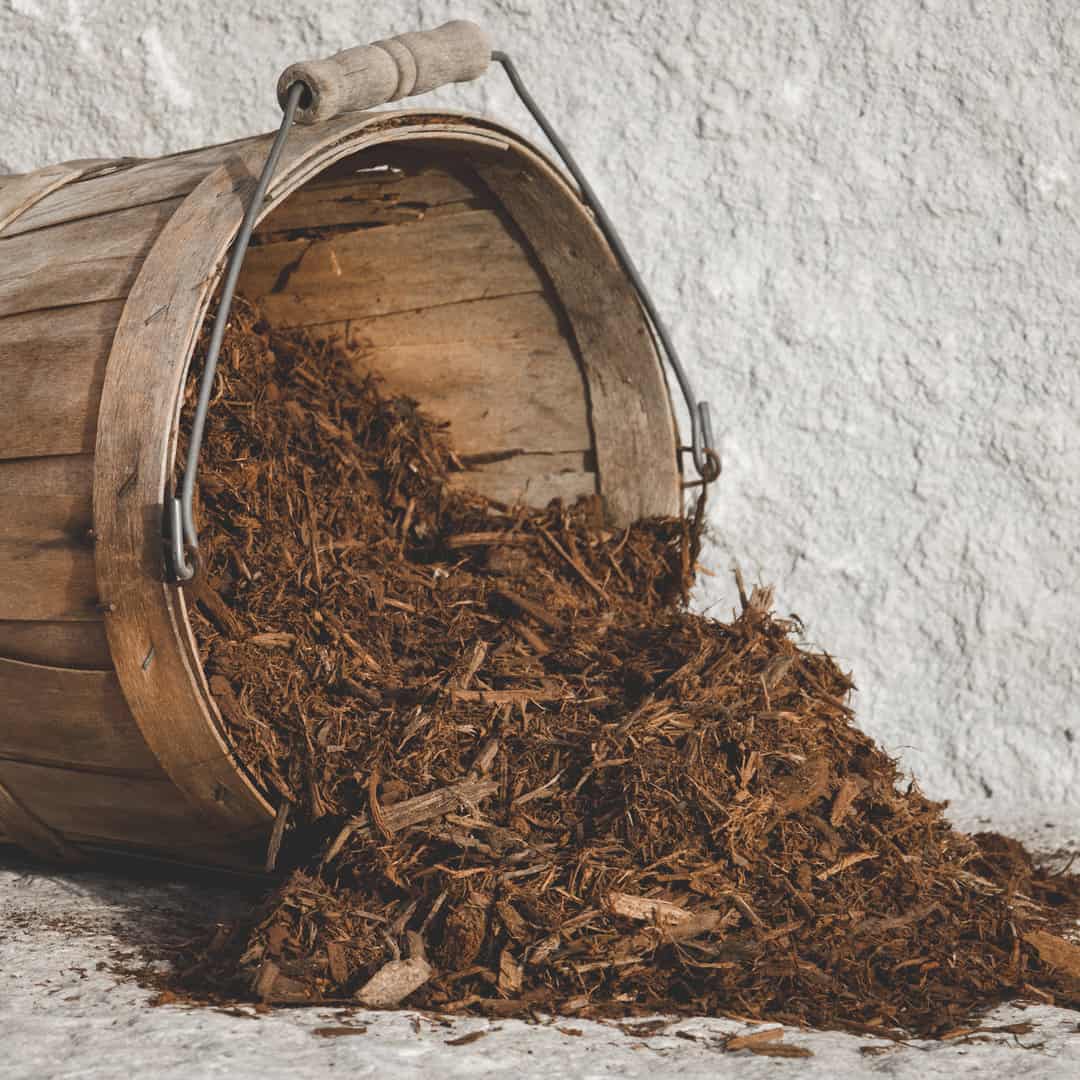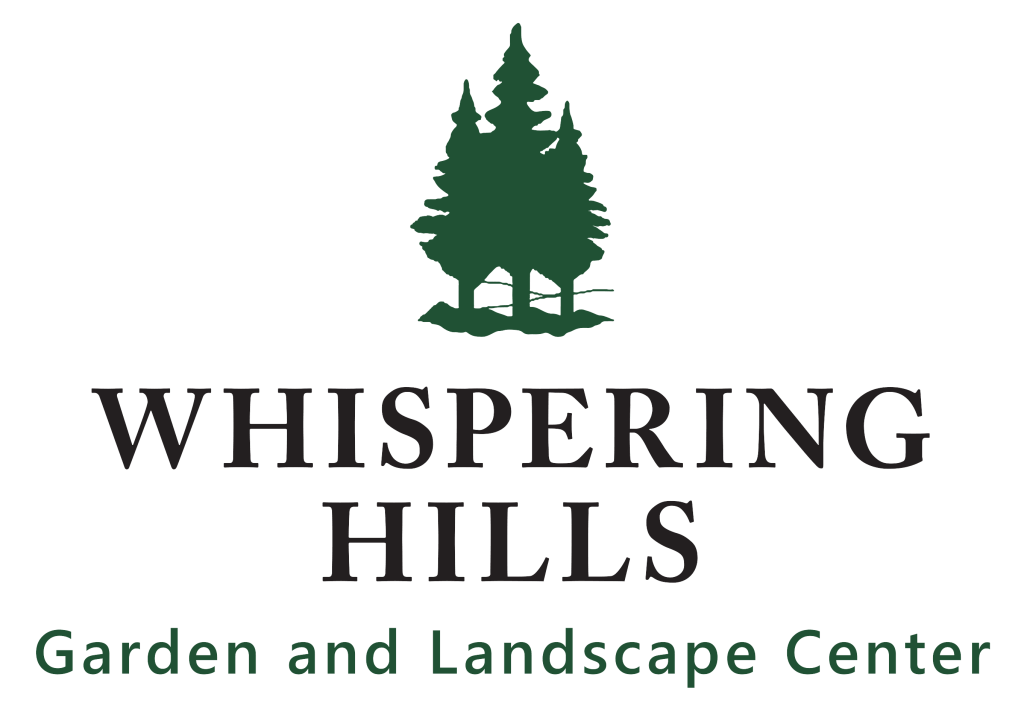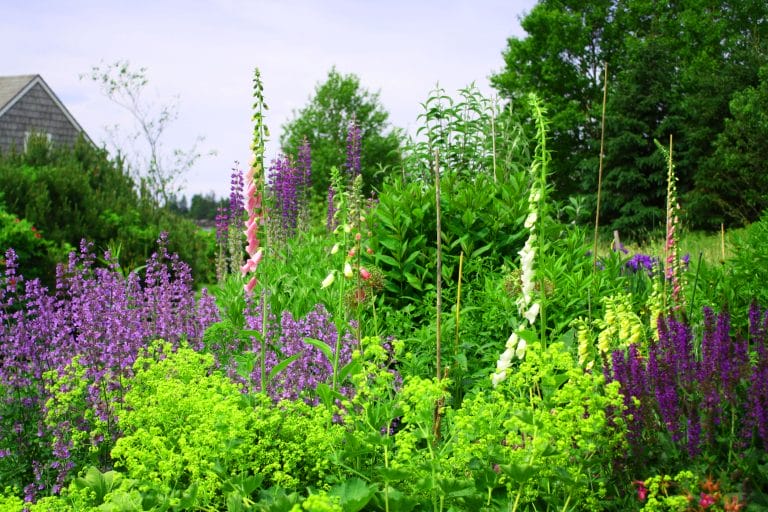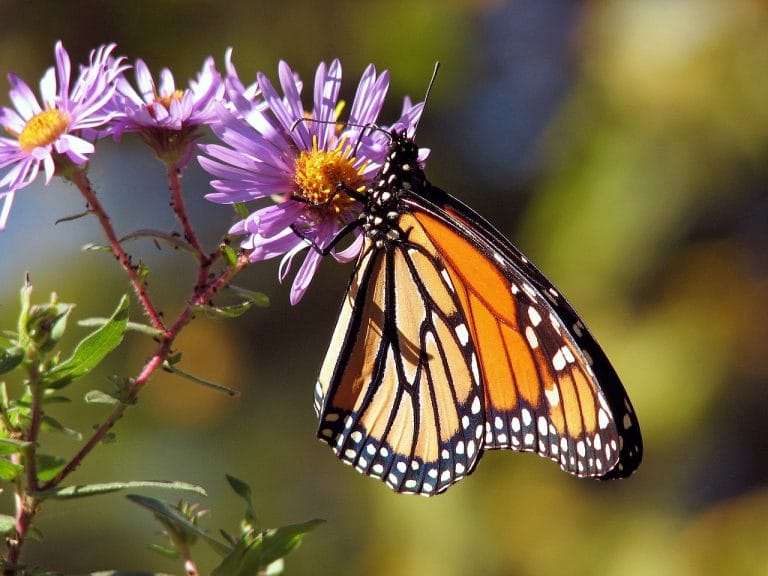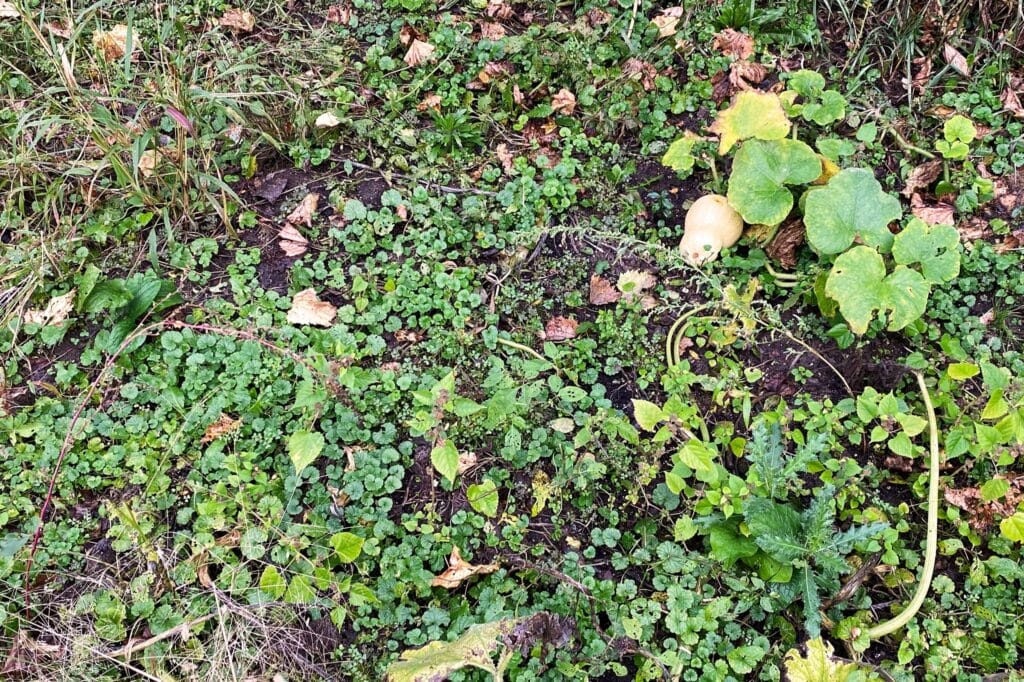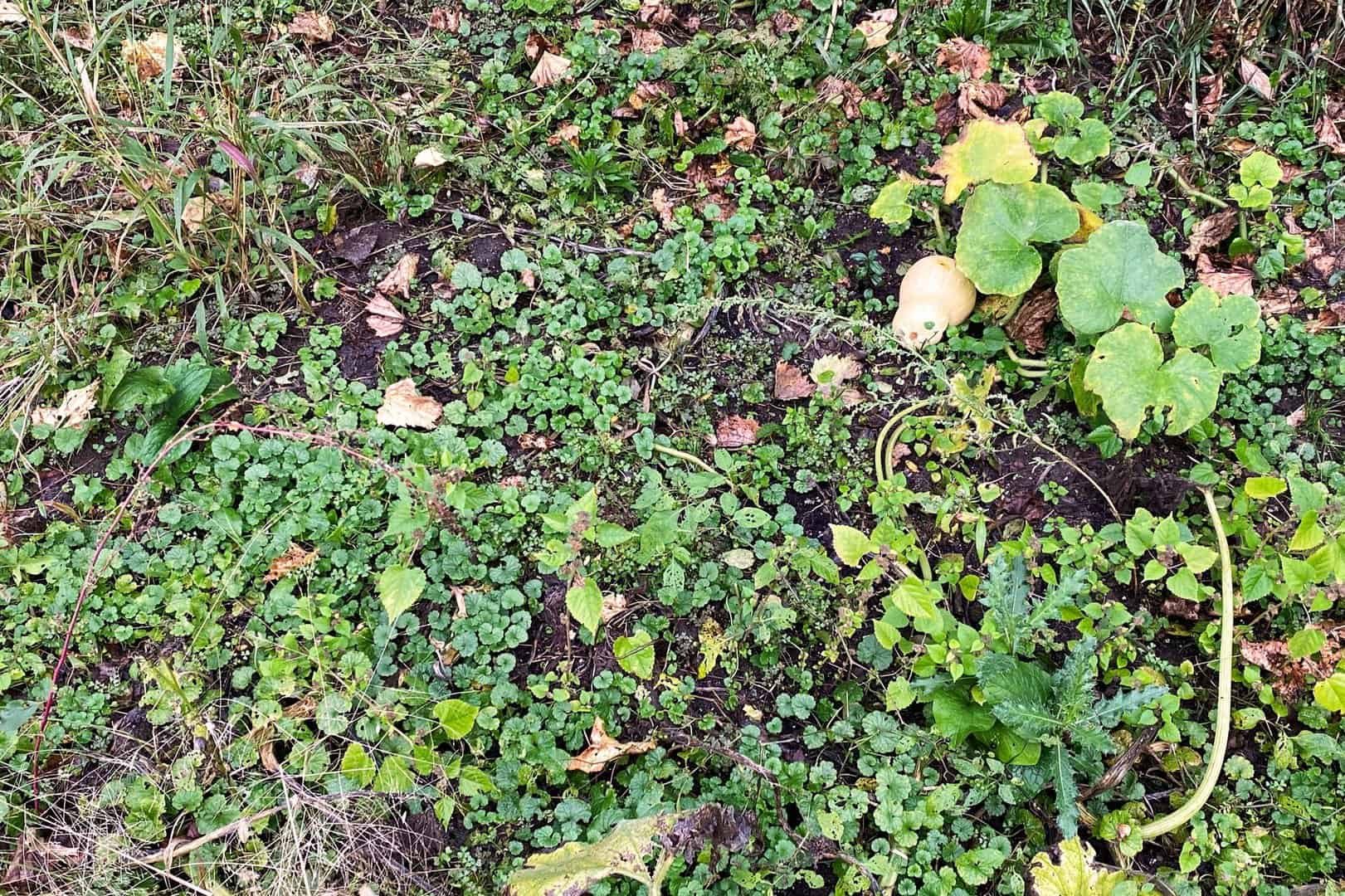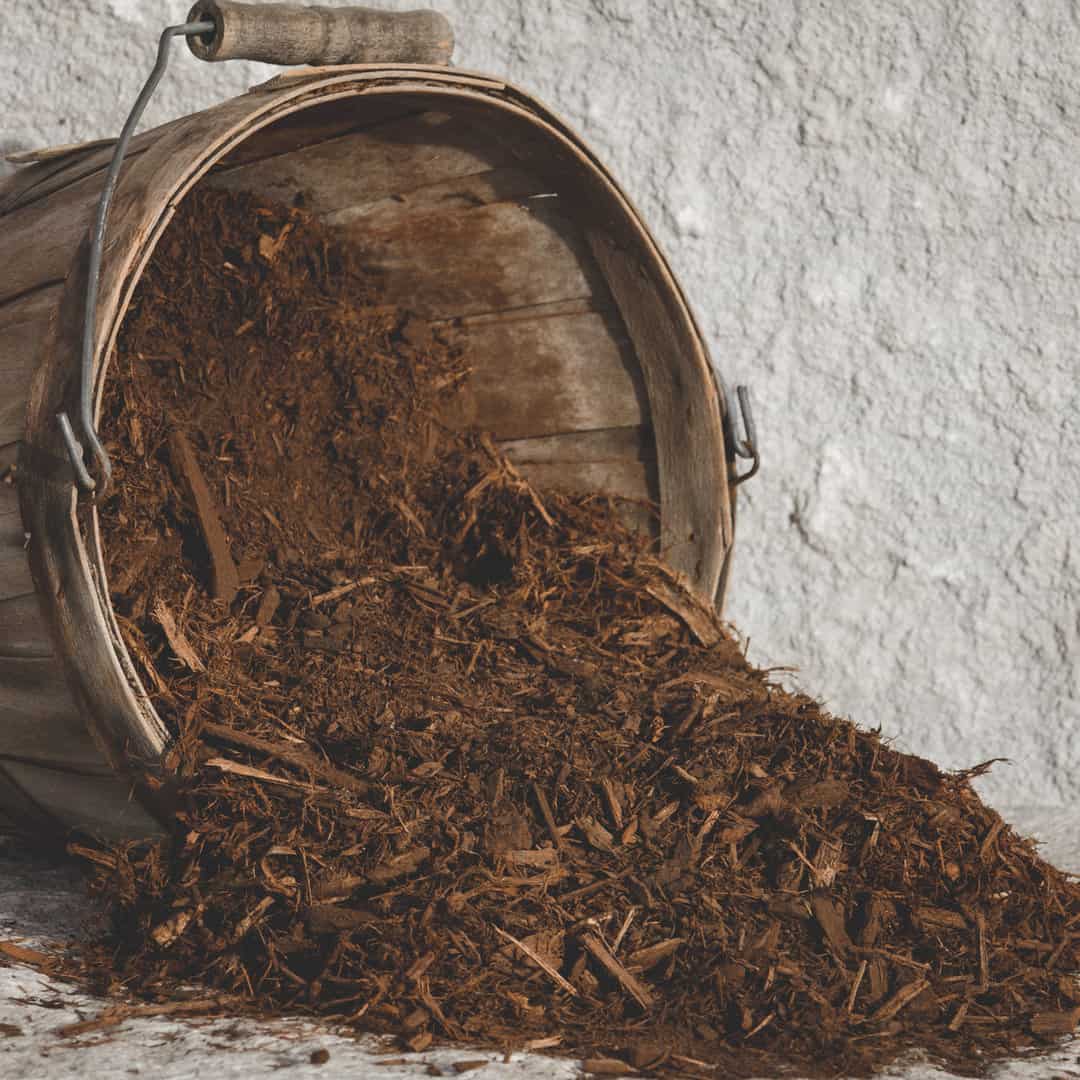The summer is over and Zone 5b’s growing season is about done for annual vegetables. There may still be some brussels sprouts and spinach in your fall garden that has yet to be harvested, but the frost of winter will be here soon enough. Utilize this time of year to take stock of your garden and to prepare for next year’s growing season. What did you grow and how well did it perform? Where in your garden did you grow it? Do you already have some ideas of what you want to plant next year? Record what you grew this year and where, then start to prepare your garden for the winter months.
When your garden is done growing for the year, that is a wonderful opportunity to begin working on the soil that next year’s plants will grow in. Over the course of the growing year, your vegetables likely drained a lot of nutrients from your garden’s soil, and those nutrients won’t just come back automatically, right away. Adding a layer of an organic compost over your garden’s soil will ensure that nutrients have enough time to soak into your garden bed, over the winter, readily available for spring growth.
We recommend using our mushroom compost, available for delivery or pickup. When your vegetable garden is done for the year and all of your annuals have died back, pull up and compost all of your annual vegetable plants, leaving the bare soil ready for a layer of compost.
As explained by the Chicago Botanic Garden, “add a two-to-three-inch layer of organic compost or well-composted manure to your soil. Broad-forked or lightly turned under, it will have time to break down over the winter, leaving the soil with the plant-accessible nutrients it needs next spring.”
You can also add a layer of mulch over the compost to minimize nutrient runoff and to lock moisture into your soil. By adding mulch to your garden bed in the fall, it will begin decomposing over winter. This decomposition will add even more nutrients to your soil in addition to the compost, and be ready as a new layer of soil in the spring.
The end of the year is a good time to consider what you grew and how it performed, so you can make adjustments for next year and keep your vegetables rotated. According to the University of Minnesota Extension, “it’s a good idea to keep garden maps for 3 or 4 years so that you can avoid planting annual plants within the same family in the same spot for a few years.” Continuing, “a good crop rotation helps to balance nutrient depletion from the soil and helps to reduce disease pressure. It’s also a good idea to note any problems on this year’s map such as melons had Alternaria so that you will remember to look for resistant varieties next year.” Write down what you planted, what varieties, where, and how they grew in the fall, so you don’t have to think back and remember in the spring.
By planning ahead, you can ensure that your vegetable garden is ready for planting at the earliest possible time in spring, that your plants will be growing in nutrient rich soil, and that your harvest will be as bountiful as your garden can provide. Planning ahead and composting won’t add much more time to your fall cleanup, but next year, your garden will reward your extra work in dividends.
Whispering Hills Garden and Landscape Center is a full service landscape center and nursery located in Cary, Illinois. Stop in today for our full selection of bulk materials including mulch, aggregate, decorative stone and natural stone.
Shop Archive
